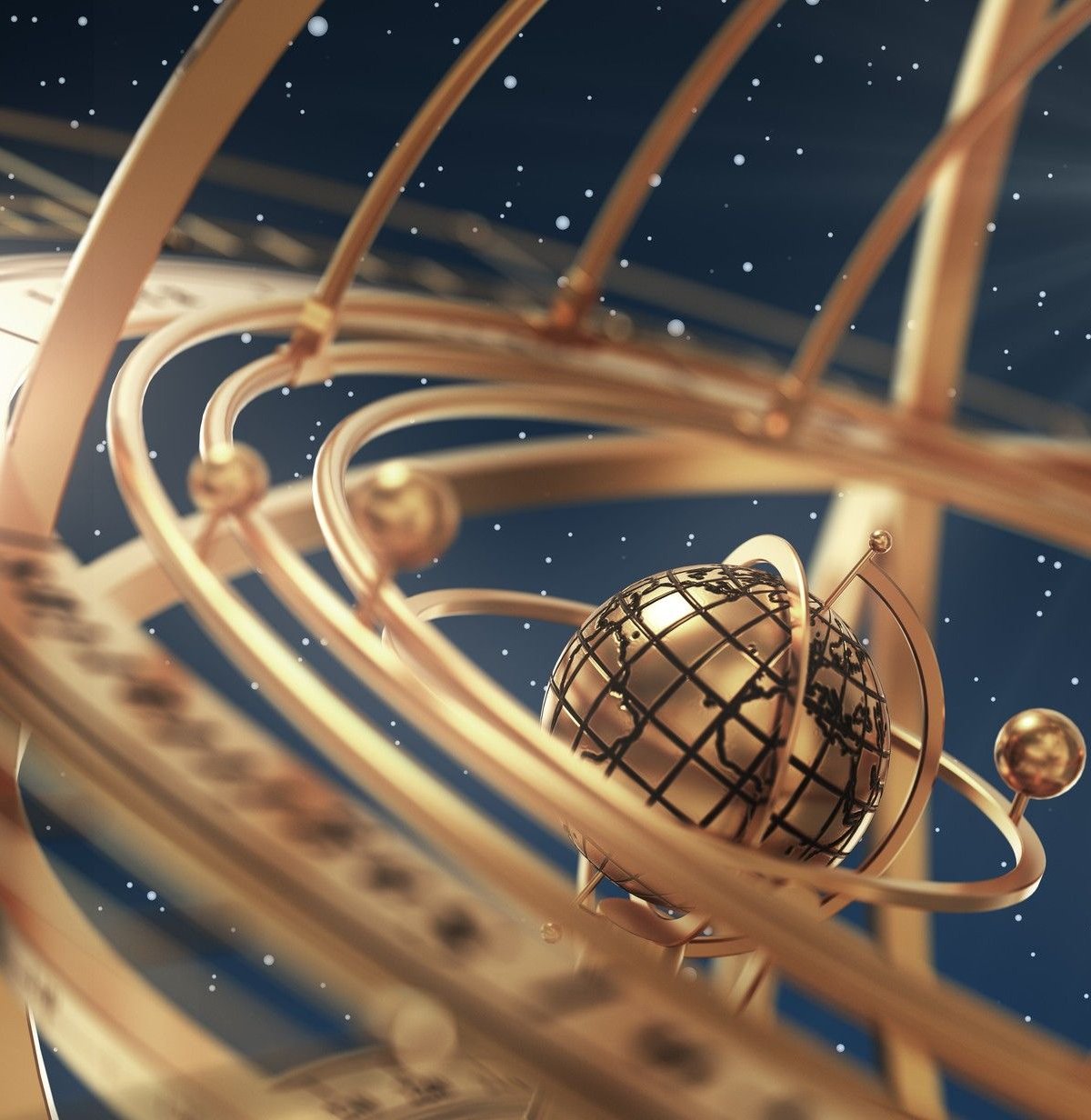Astronomy is one of the fields of science that has made the most progress in recent years, with the development of space technology providing tools such as the infrared sensors of the James Webb Space Telescope (JWST). In contrast, astrology is a belief based on the idea that the arrangement of stars and celestial bodies affects human behavior and events on Earth.
So are there any similarities between these two themes? The main difference is that astronomy is a science that studies the behavior of planets, asteroids, galaxies and other objects in the universe. Astrology, on the other hand, is a faith-based belief because there is no scientific evidence that the position of the stars really affects people.
Despite dealing with completely different content today, both themes are very popular. In the past, there was no such clear distinction between astronomy and astrology — At that time, there was still no distinction between these two concepts.
In ancient times and the Middle Ages, observation of the night sky served both practical purposes such as marking time and guiding agriculture. interpreting spiritual and cultural symbolism related to stars and celestial bodies.
“Astrology is divination, which consists in interpreting the influence of stars and planets on earthly events and human destiny. In ancient times it was inseparable from astronomy. Its origins date back to Mesopotamia (3rd millennium BC) and later spread to India, but it developed its western form in Greek civilization during the Hellenistic period,” the encyclopedia Britannica explains.
From astrology to astronomy
The foundations of astrology began in Babylon: Babylonian priests believed that observing the stars and celestial events could reveal predictions about the future.
For example, when Mars appeared redder in the night sky, sages associated this appearance with the god of war Nergal and the possibility of an imminent war.
In ancient Egypt, stargazing was deeply linked to religion and myths. Egyptians associated stars and celestial bodies with their gods and used these associations to explain natural phenomena and religious rituals. For example, they believed that the sky goddess Nut stood over the Earth god Geb to separate the heavens from the earth.
Greek scientist Claudius Ptolemy devoted his life to the study of astronomy and mathematics, among other scientific fields. However, since there was no significant difference between the themes at that time, his works were considered indispensable for astrology.
common points
There is no definitive consensus on when astrology and astronomy completely separated, but scholars believe this process was consolidated during the Enlightenment period between the 17th and 18th centuries. During this period, Isaac Newton described the Laws of Motion and the Law of Universal Gravitation, which scientifically explained the dynamics of the universe.events in space.
“For most of history and until the 17th century, astrology was considered an academic discipline throughout much of Eurasia. In fact, it was widely accepted in political and cultural circles, with its concepts also applied to other fields such as astrology, alchemy, meteorology and traditional medicine,” explains UNESCO.
The main commonalities between astronomy and astrology lie in their historical origins, where both go hand in hand.
Examining the night sky
There is a clear fact that Both are dedicated to observing stars, planets and other celestial bodies. But there are other commonalities as well.
Zodiac
The zodiac is inherently related to both areas. In astrology, zodiac signs are used to determine the characteristics and destiny of each person based on their date of birth. In astronomy, the zodiac is used to describe locations and objects observed in the night sky.
historical impact
Although astrology is not considered a science, it also has a great historical impact. After all, it went hand in hand with astronomy when the first scientists observed the night sky.
Astronomy, astrology and astrophysics
After all, perhaps the biggest similarity between astronomy, astrology and astrophysics is in the word ‘astro’. Each of these areas differs significantly:
- Astronomy: The study of stars, planets, comets and all other celestial bodies in space;
- Astrophysics: a scientific field derived from astronomy that uses elements of physics and chemistry to understand the properties of stars and space phenomena;
- Astrology: Considered a pseudoscience, it is a field of study that interprets a person’s personality and some aspects of his life by using the position of the stars at the time of his birth.
Get up-to-date information about astronomy at TecMundo. If you wish, take the opportunity to understand how light pollution affects astronomy. Until later!
Source: Tec Mundo
I’m Blaine Morgan, an experienced journalist and writer with over 8 years of experience in the tech industry. My expertise lies in writing about technology news and trends, covering everything from cutting-edge gadgets to emerging software developments. I’ve written for several leading publications including Gadget Onus where I am an author.













